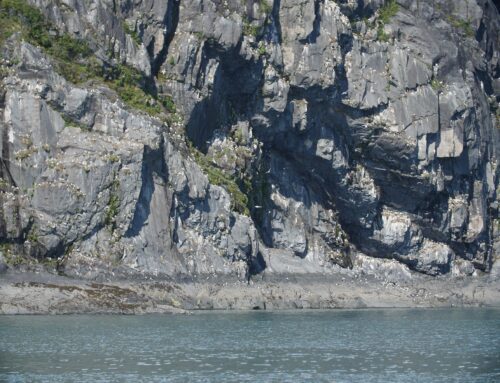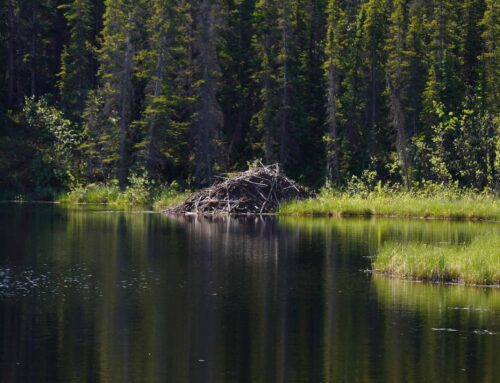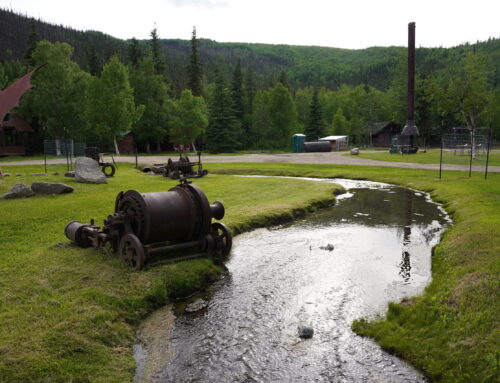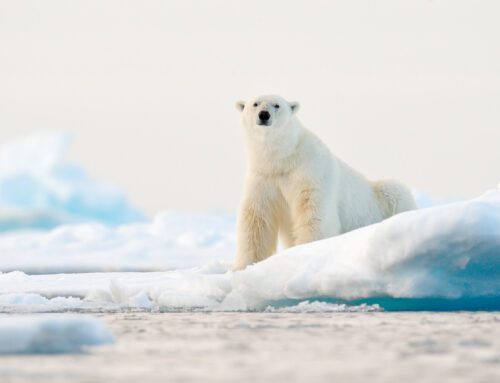Mushrooms:
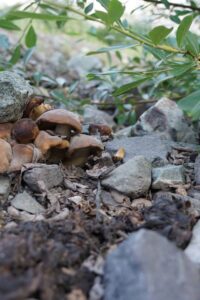
Cluster of mushrooms on forest floor
Not quite a plant, mushrooms belong in their own family: fungus. In fact, mushrooms are more common to animals than they are to plants! Fungi grow all over the world and come and many shapes and sizes.
Mushrooms are the result of the spores of a fungi fruiting. They come in all shapes and sizes in all sorts of ecological environments, but are commonly found on forest floors. Mushrooms rely on dispersing spores into the surrounding environment to reproduce and forests often provide suitable circumstances.
Ecological Role of Mushrooms:
Fungi are crucial parts of their ecosystem. They provide food to both plants and animals, help with water retention, and provide nutrients to the soil. They help to breakdown decaying matter making space for new life. Mushrooms form associations with the plants around them to create an ongoing cycle of regeneration.
The Chugach National Forest in South Central Alaska and Tongrass National Forest in the Southeast are great places to see lots of flora, fauna, and fungi! You can read more about the various types of mushrooms you can find in Alaskan forests here.
Beware: Identification
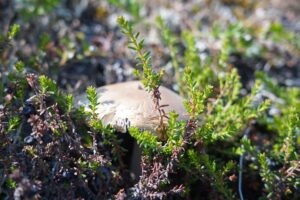
Mushroom found on forest floor
In addition to playing a crucial roll on the wellbeing of the forest floor, mushrooms also make a great addition to many of our favorite dishes in the kitchen. It’s important to know that some mushrooms can be quite dangerous to consume and identification of them can be tricky. There are over 40,000 species of fungi and in the Pacific Northwest is home to at least 4,000 species.
You should never consume mushrooms you find without being certain they are safe to eat. Mushrooms can be deadly and poisonous. When trying a new mushroom, it is wise to taste only a bit to ensure you don’t have a bad reaction.
Foraging
If you are eager to get into foraging, it’s a good idea to pick a type of mushroom you are looking for and stick to that. With so many species, this is a good way to focus and hone in your foraging skills!
Different parks and states have different rules about foraging and collecting. Make sure you always know the rules where you are going and be sure to LNT (leave no trace)!


